Did you know that having an ISBN number ups your rank in Google? Or that there is no such thing as an eISBN? A lot of the authors we work with ask whether they need an ISBN? We had a chance to speak to Laura Dawson of Bowker, the company that distributes ISBNs, to get the down and dirty on these elusive numbers.
1) In essence, what is an ISBN?
An ISBN (International Standard Book Number) identifies a particular book in a particular format. It is 13 digits, and starts with 978 or 979. The final digit is a checksum that’s calculated based on the preceding digits.
2) Who should get an ISBN for their book?
Anyone publishing a book that wants the book to be openly traded (outside a walled garden like Amazon) and/or counted in book industry statistical analyses. Also, if you are interested in your book listings being found on the open web (via Google, for example), search engines prioritize books with ISBNs in search results.
3) How many ISBNs should an author get for their book?
One per format. So if you’re publishing in hardcover, paperback, ePub, Kindle, and PDF, you’d need at least four, and if you’re getting those four, you might as well get one for the Kindle edition just to help you track information about the books consistently.
4) Amazon and iBookStore don’t ask for an ISBN. Should an author still get one?
If you want your book to be counted (in Books in Print and other information-gathering organizations), yes. If you want your book to be sold outside those two environments, yes. If you are publishing for friends and family, or for a specific business purpose, and the book is not going to get wide distribution, then probably not.
5) Do you recommend getting my own ISBN or using the one that Amazon includes?
Purchasing your own allows you to be listed as the publisher of your book. It also gives you more control over the information associated with that ISBN (Title, Author, Price, etc.). You have more autonomy and more independence with your own ISBNs.
6) Why can’t authors and publishers use one ISBN to sell all their books in all the forms?
Because in bibliographic databases – in booksellers and libraries – an ISBN corresponds to a specific format. Using a single ISBN to denote multiple formats means that your data will get overwritten in those databases – they are built for that one-to-one correspondence and with tens of millions of ISBNs in these systems, changing that configuration is prohibitive. If you’d like your book to be sold in the traditional book supply chain, it helps to follow the rules that the supply chain relies on.
7) In addition to getting an ISBN, what should authors be aware of?
There are other identifiers ratified by the International Standards Organization that are related to books and publishing. You can find out more about those here.
8) What is the biggest misconception you’ve seen about ISBN.
The “eISBN”. There is no such thing. An ISBN identifies books – physical and digital. Some vendors (Kobo, for example) ask for the “eISBN” – they do so knowing that this is not accurate, but they feel it helps their authors and publishers understand what they’re looking for.The second biggest misconception is around price. Bowker prices a single ISBN at $125. But this is because we’re discouraging single-number purchases; most self-published authors will use around 10 (hardcover, paperback, and 3 digital formats), and we price a bundle of 10 ISBNs at $250. That covers the cost of maintaining the metadata for those books in perpetuity.
============================================

Laura Dawson is Product Manager for Identifiers at Bowker. Her focus is on ISTC, ISNI, DOI, and new uses for ISBN. She has worked previously at Firebrand, Barnes & Noble.com, Doubleday, and as an independent consultant whose clients included Bowker, Baker and Taylor, Ingram, McGraw-Hill, Cengage, Audible, Loyola Press, and BISG. Her blog is at http://www.ljndawson.org.

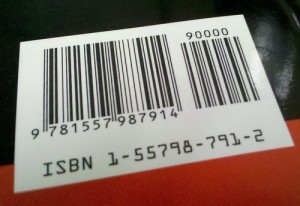
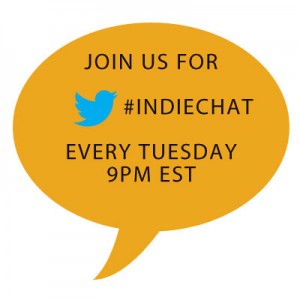
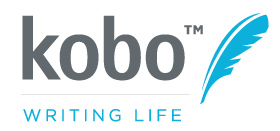
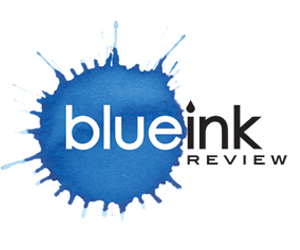
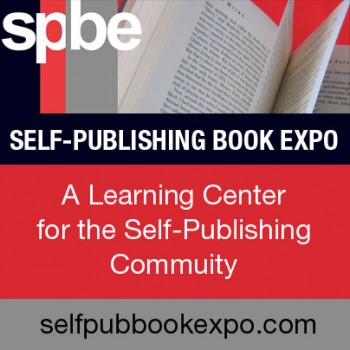
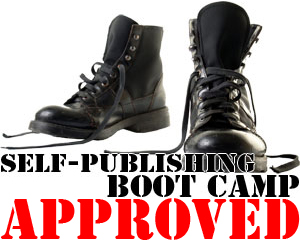
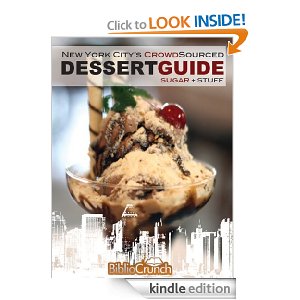
Follow Us!